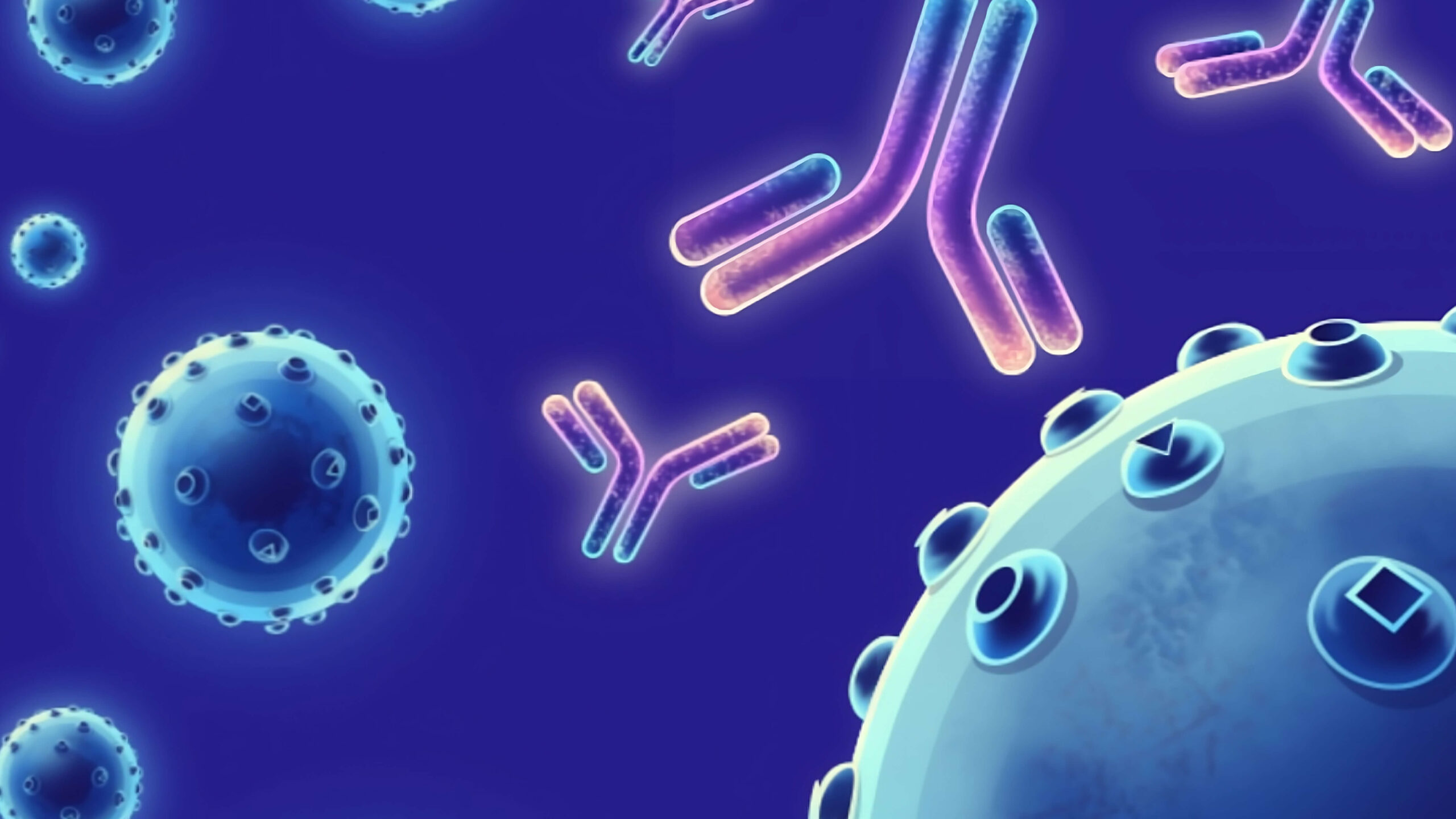Description
IL-10 is an anti-inflammatory cytokine that belongs to the IL-10 family. It is produced by a variety of cell lines, including T-cells, macrophages, mast cells, and other cell types, while it is produced primarily by monocytes and to a lesser extent by lymphocytes. IL-10 is mainly expressed in monocytes and Type 2 T helper cells (TH2), mast cells, CD4+CD25+Foxp3+ regulatory T cells, and also in a certain subset of activated T cells and B cells. IL-10 has pleiotropic effects in immunoregulation and inflammation. It down-regulates the expression of Th1 cytokines, MHC class II Ags, and costimulatory molecules on macrophages. It also enhances B cell survival, proliferation, and antibody production. IL-10 can block NF-kappa B activity and is involved in the regulation of the JAK-STAT signaling pathway. Knockout studies in mice suggested the function of this cytokine as an essential immunoregulator in the intestinal tract. The importance of interleukin 10 for counteracting excessive immunity in the human body is revealed by the fact that patients with Crohn's disease react favorably towards treatment with bacteria producing recombinant IL-10. IL-10 inhibits the synthesis of some cytokines, including IFN-gamma, IL-2, IL-3, TNF, and GM-CSF produced by activated macrophages and by helper T-cells. It also displays a potent ability to suppress the antigen-presentation capacity of antigen-presenting cells. However, it is also stimulatory towards certain T cells and mast cells and stimulates B cell maturation and antibody production.
Target
IL10
Target Alias Names
CSIF, GVHDS, IL-10, IL10A, Interleukin-10, TGIF
Isotype/Mimetic
Rabbit IgG
Animal-Derived Biomaterials Used
No
Sequence Available
No
Original Discovery Method
Phage display technology
Antibody/Binder Origins
Animal-dependent discovery, post-2020, In vitro recombinant expression

